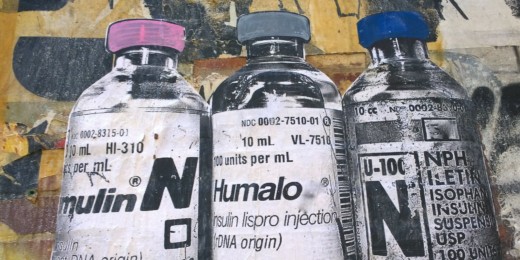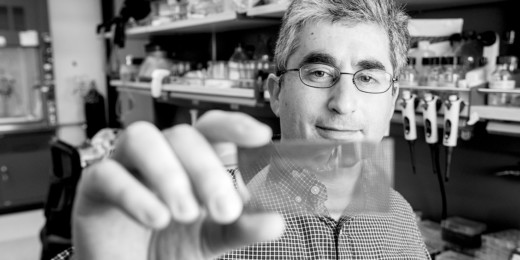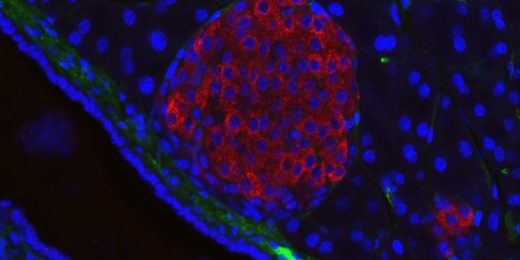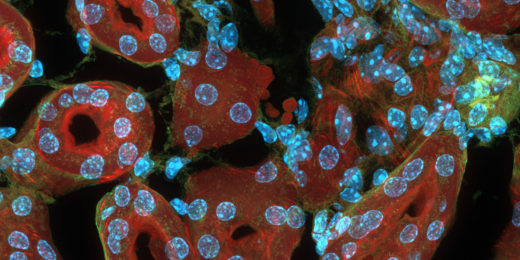Stanford scientists have built a detailed picture of the biological clock of pregnancy, tracking thousands of metabolic markers throughout gestation.
Category: Diabetes
The future of diabetes: Improving islet transplantation
A Stanford team is developing a bioscaffold that helps insulin-producing cells get enough oxygen when transplanted for diabetes treatment.
Helping neighbors: Addressing diabetes as a community
Taking a community-based approach to diabetes could help curb high rates of the disease in less wealthy nations, new research suggests.
Near hands-off system can help patients manage their diabetes
The latest type 1 diabetes technology improves the stability of patients' blood sugar levels throughout the day and during sleep, according to a new trial.
Antibody treatment delays start of Type 1 diabetes by two years
A therapy delayed the onset of Type 1 diabetes in at-risk people by about two years, new results from a clinical trial show.
What happens when a person with prediabetes get a viral infection? New study provides in-depth look
Scientists monitored 106 individuals (some of whom have prediabetes) to see how the condition, and infections, impact immune-and-microbiome-related health.
Promising finding for people with Type 2 diabetes and kidney disease
Results from a multi-center clinical trial show that a drug lowers the risk of kidney failure by a third in people with Type 2 diabetes and kidney disease.
Type 1 diabetes: Developing an early warning system
Type 1 diabetes starts out as a sneak attack by bad-actor antibodies. But scientists at Stanford and UCSF have developed an early-warning system.
Zinc chelation may be able to deliver drug to insulin-producing cells
By delivering a drug directly to beta cells, researchers may be able to spur insulin production and potentially develop a diabetes therapy in the future.
With rising demand for insulin, half of those in need will lack access in 2030, new study suggests
Access and cost of insulin is affecting those who need it most, and without major improvements, millions will be without a treatment, a new study suggests.
Genetics of cholesterol reveal insights into heart disease and diabetes drug targets
Scientists find new potential drug targets for heart disease and diabetes, while shedding more light on the genetics of cholesterol, a new study has found.
Giving kids honest information about water consumption may help them make healthy choices
A study led by a Stanford Business researcher at four schools in Panama explores the best way to persuade kids to drink more water.
Insulin resistance affects the kidneys, Stanford study finds
Although pioneering scientist Gerald Reaven thought that insulin resistance did not affect the kidney, new research suggests that the story is more complex.
Successful diabetes management program brings down cost of care
A diabetes program, developed with a Stanford scientist, helps cut costs of diabetes-related health care expenses by $815 per year per person.
Disrupt Diabetes draws patients into innovation process
A design challenge called Disrupt Diabetes was created and spearheaded by two Stanford seniors — best friends and aspiring doctors who felt that innovations for people with diabetes should bubble up from patients’ daily experiences and priorities.
A look at Stanford’s personalized, team-based approach to diabetes
This video highlights Stanford Health Care's team-based approach to diabetes care. Patient Hazel shares her experience helping to design a treatment plan.
















